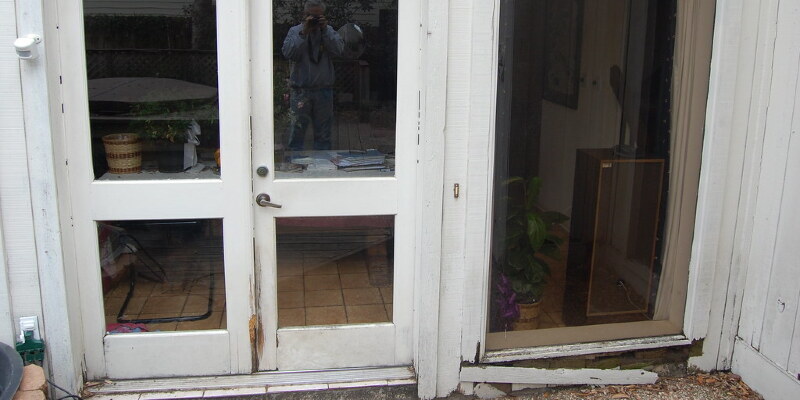Chapter 13 & Foreclosures
If you have fallen behind on mortgage payments and are facing foreclosure and the forced sale of your home, you may want to consider filing a Chapter 13 bankruptcy petition. While Chapter 7 bankruptcy end with the transfer of the debtor’s home to the lender, Chapter 13 stops foreclosure proceeding and permits the homeowner to retain possession of his home.
Qualifications
Debtors must qualify for a Chapter 13 filing. The usual requirements are some form of recurring and steady earnings in employment — and savings or assets which can be utilized to repay debts. In accordance with changes in the federal bankruptcy law that occurred in 2005, individuals who file for Chapter 13 bankruptcy cannot have secured debt of over $871,550 or unsecured debt of over $290,525. Should file a Chapter 7 petition, which will cause the sale of your home.
Collections
All proceedings on the part of lenders are halted, after filing a Chapter 13 bankruptcy petition. Creditors are prevented from writing to you to collect their debts or calling, and no court actions could be taken against you to your debt. To protect your home from foreclosure you need to file the petition before the sale of your house.
Mortgage Consequences
The mortgage loan can not be rescheduled although the debtor can reschedule debts to lenders, and the remainder cannot be reduced. While the debtor remains in Chapter 13, all mortgage payments have to be reached in time. Additionally, the borrower must draw up a plan to repay the sum. The homeowner may not sell the home or other real estate.
Rescheduling Unsecured Debt
Chapter 13 allows creditors to repay the amount and terms of unsecured debts. A trustee brings up a schedule of monthly payments to be made to all lenders for a period of time–up to five years in many instances –necessary to resolve these debts. The payments are made to the trustee in a lump sum, and the debtor doesn’t have any contact with the respective creditors. After all payments have been created, the bankruptcy is discharged and the debtor is left with all the unsecured debts removed, although with all the bankruptcy listed on his credit report. If payments are not made, the bankruptcy case is dismissed and creditors are free to restart collections, including foreclosure.
Co-Signors
Co-signors may be protected from liability for the mortgage by a special provision of the law which covers third parties. The bankruptcy court may issue a stay to get the co-signor that averts all set actions and accountability for debt. However, the debt must have been a personal or consumer loan (for example, a mortgage), and not a business loan, and the co-signor cannot have benefited by getting products, services or any additional consideration by co-signing the loan. As long as the borrower gets required payments in line with the bankruptcy program, the co-signor is protected.
